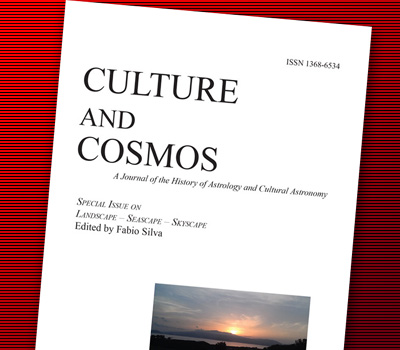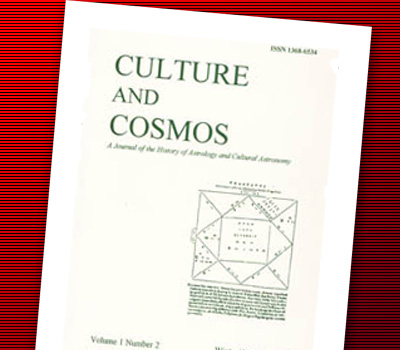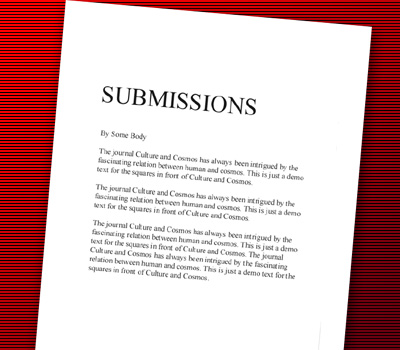We are currently seeking submissions for future volumes of Culture and Cosmos.
Volume 15-1
On the Eclipse of Thales, Cycles and Probabilities
Miguel Querejeta
Abstract
According to classical tradition, Thales of Miletus predicted the total solar eclipse that took place on 28 May 585 bce. Even if some authors have flatly denied the possibility of such a prediction, others have struggled to find cycles which would justify the achievement of the philosopher. Some of the proposed cycles have already been refuted, but two of them, namely those of Willy Hartner and Dirk Couprie, remain unchallenged. This paper presents some important objections to these two possibilities, based on the fact that these authors do not list all the eclipses potentially visible by their criteria. In addition, any explanation based on cycles will need to face the complex problem of visibility (smallest observable eclipse, weather…). The present article also includes a statistical study on the predictability of solar eclipses for a variety of periods, similar to that performed by Willy Hartner for lunar eclipses, resulting in lower probabilities in the solar case (and percentages depend on the chosen magnitude limit). The conclusion is that none of the cycles proposed so far provides a satisfactory explanation of the prediction, and, on statistical grounds, none of the periods studied leads to a significant probability of success with solar eclipse cycles.









